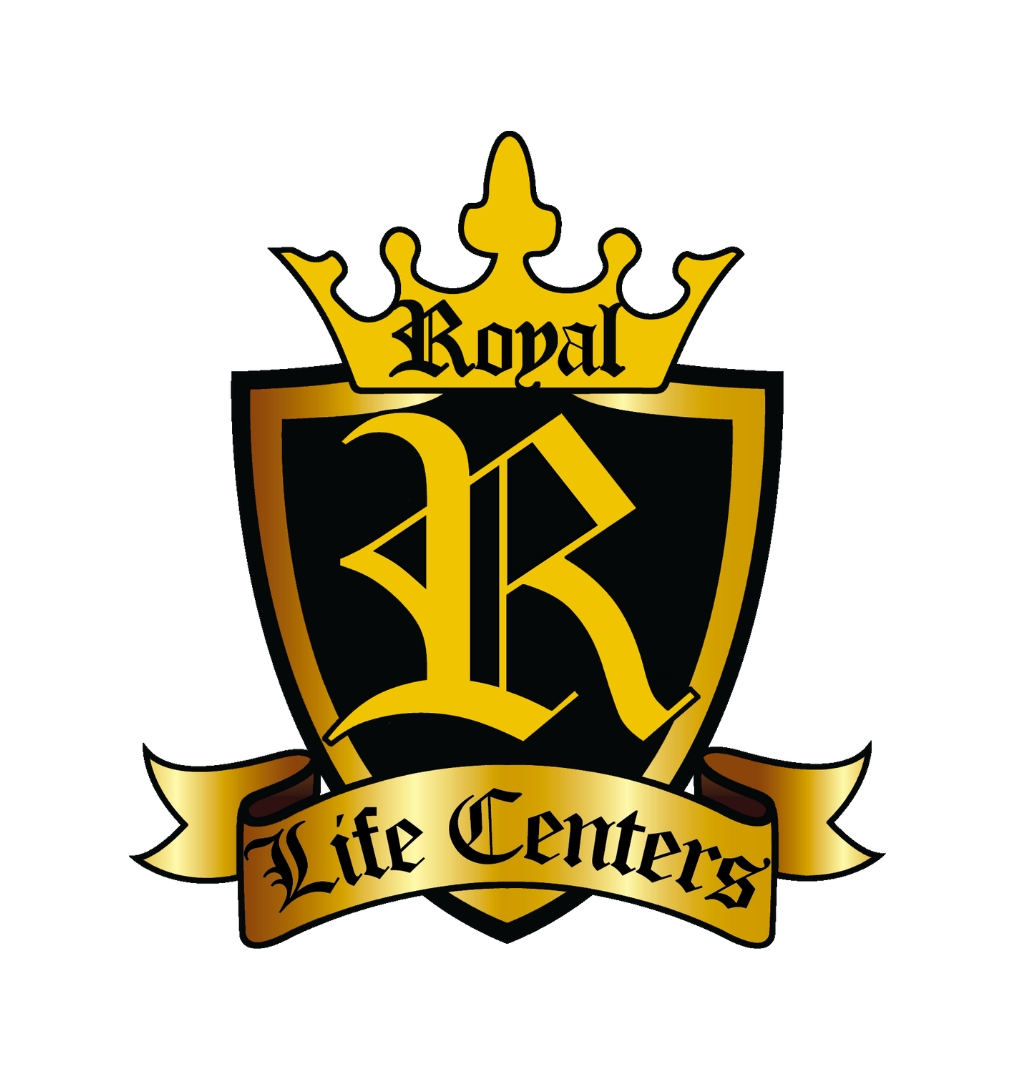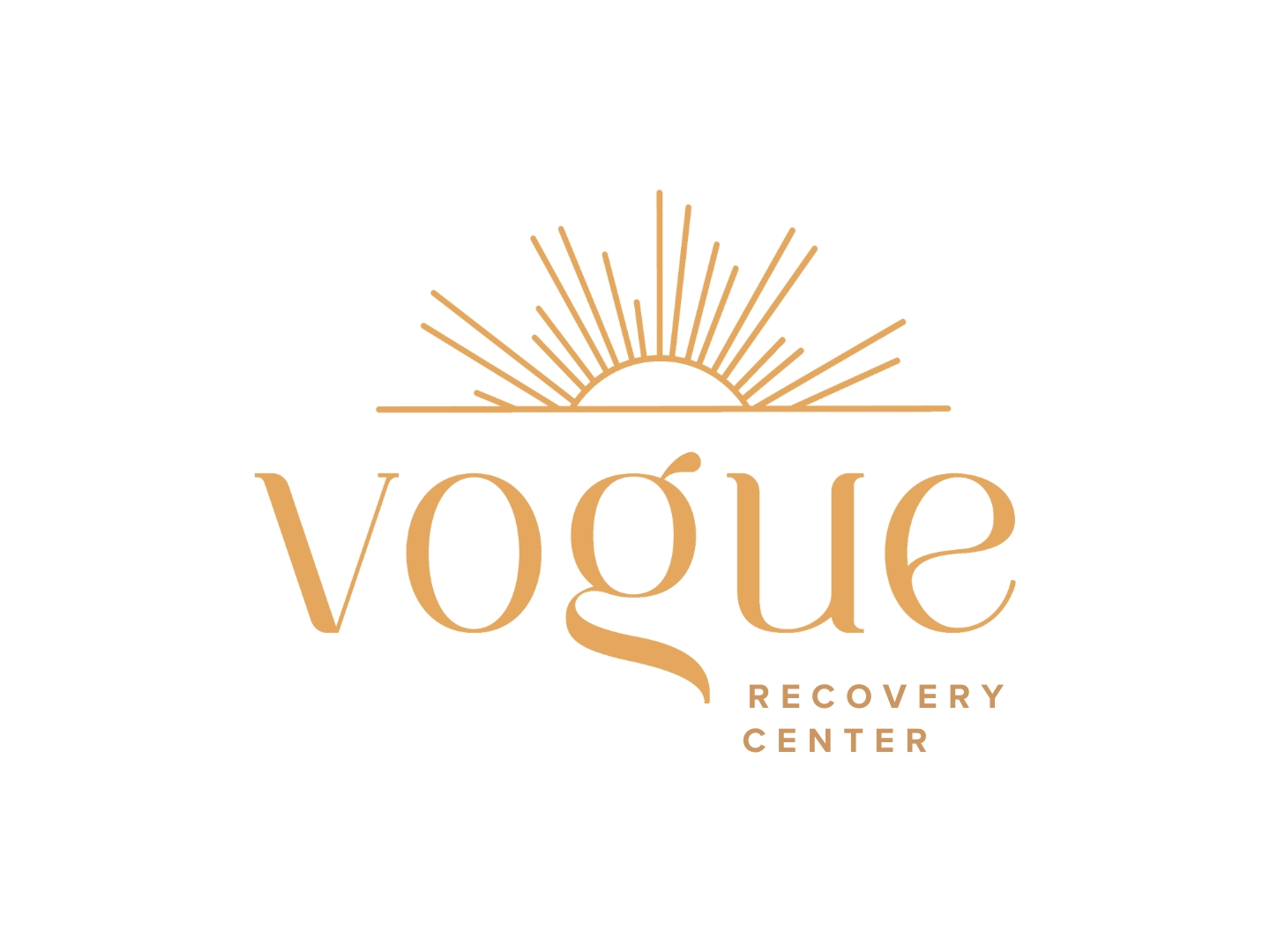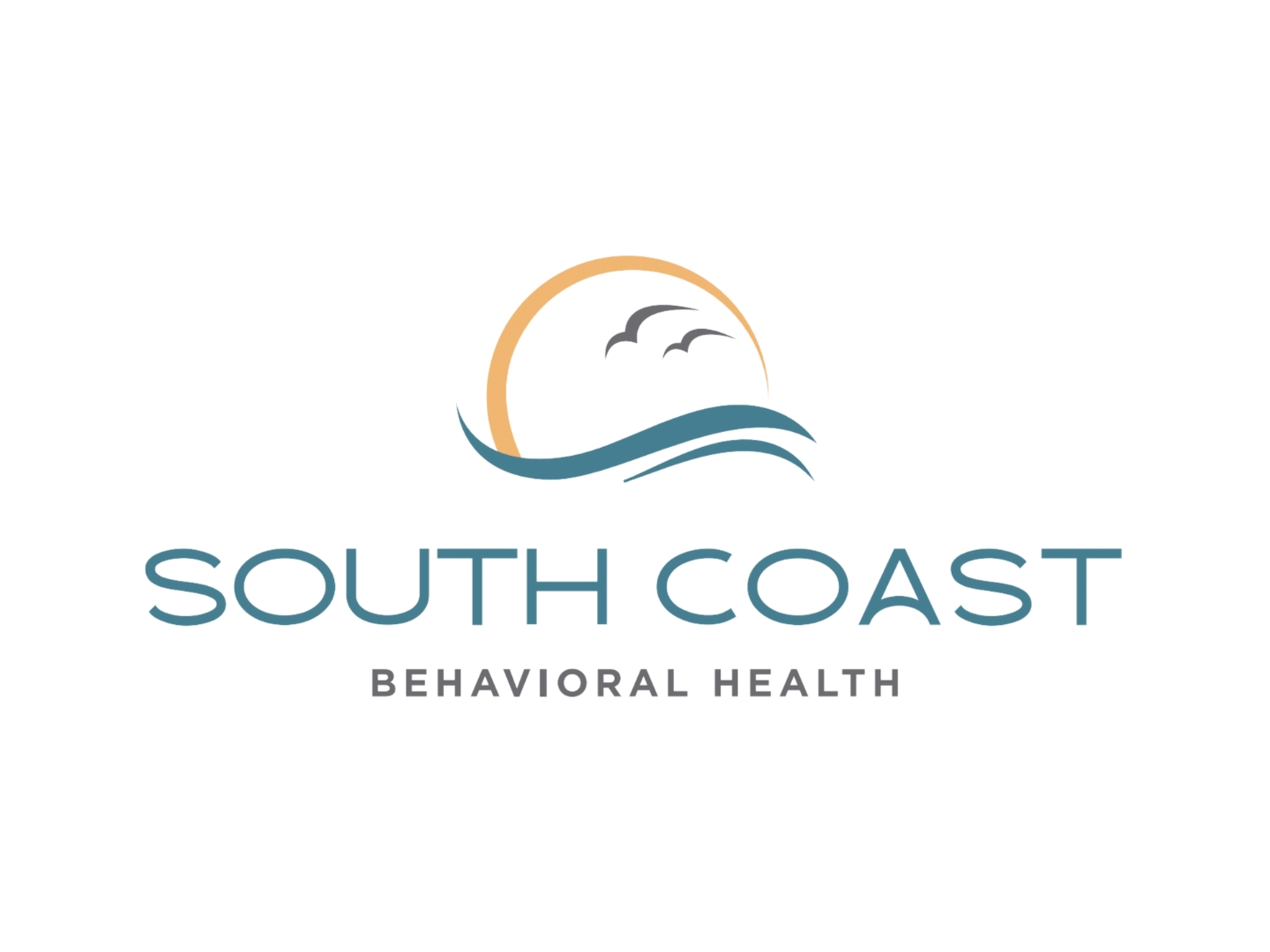Trauma-Related Disorders
Trauma-related disorders, such as post-traumatic stress disorder (PTSD) and complex post-traumatic stress disorder (C-PTSD), are mental health conditions that can develop after experiencing or witnessing a traumatic event. These disorders can have a significant impact on an individual’s mental well-being, causing distressing symptoms that can interfere with daily life. It is crucial to understand the different types of trauma, the signs and symptoms of trauma-related disorders, and the available treatment options to help those affected find healing and recovery.
Traumatic experiences can take many forms, including natural disasters, car accidents, abuse or neglect, domestic violence, and military combat. The impact of these events can be profound, leading to the development of PTSD or C-PTSD. While PTSD is typically associated with a single, specific traumatic event, C-PTSD often results from prolonged or repeated trauma, such as childhood abuse or neglect. Recognizing the signs and symptoms of these disorders is the first step towards seeking help from mental health professionals who specialize in trauma treatment.
What Are Trauma-Related Disorders?
Trauma-related disorders, such as post-traumatic stress disorder (PTSD) and complex post-traumatic stress disorder (C-PTSD), are mental health conditions that can develop after experiencing or witnessing a traumatic event. These disorders are characterized by a range of distressing symptoms that can significantly impact an individual’s daily functioning and overall well-being.
Recognizing the signs and symptoms of trauma-related disorders is crucial for seeking appropriate treatment and support from mental health professionals who specialize in trauma-focused therapies. With the right interventions, individuals affected by these disorders can learn to manage their symptoms, process their traumatic experiences, and reclaim their lives.
Common Causes of Trauma
Trauma can result from a wide range of experiences, but some causes are more prevalent than others.
Some of the most common causes of trauma include:
- Childhood Abuse or Neglect: Physical, sexual, or emotional abuse during childhood can have lasting psychological impacts.
- Sexual Assault: Sexual violence, whether in childhood or adulthood, is a traumatic experience that can lead to PTSD and other disorders.
- Combat and War: Military personnel are at high risk of trauma due to the nature of their service, which can involve exposure to combat, violence, and life-threatening situations.
- Serious accidents or injuries: Traumatic events like car crashes, natural disasters, or life-threatening illnesses can all be sources of trauma.
- Witnessing Violence: Seeing violence happen to others, even if one is not directly involved, can be psychologically damaging, especially for children.
While these experiences are common causes of trauma, it’s important to note that trauma is subjective, and any event that overwhelms an individual’s ability to cope can be considered traumatic, regardless of whether it fits into these categories.
Talk to an Admissions Representative | Free, No Obligation, 100% Confidential
How Soon Can I Get Help?
No one should have to wait to heal, which is why our specialists are available 24/7 to help guide you through the admissions process every step of the way.
Types of Trauma-Related Disorders
Trauma-related disorders are mental health conditions that can develop after experiencing or witnessing a traumatic event. These disorders can have a significant impact on an individual’s well-being, causing distressing symptoms that interfere with daily life. Some of the most common trauma-related disorders include:
- Post-Traumatic Stress Disorder (PTSD)
- Complex Post-Traumatic Stress Disorder (C-PTSD)
- Acute Stress Disorder
- Adjustment Disorder
Recognizing the signs and seeking appropriate treatment from mental health professionals who specialize in trauma-focused therapies is crucial for helping individuals affected by these disorders find healing and recovery.
Are you ready to leave drugs & alcohol in your past? Reach out today through live chat, email, or phone.
Acute Stress Disorder
Acute stress disorder is a short-term mental health condition that can occur after experiencing or witnessing a traumatic event.
It is characterized by symptoms such as:
- Intrusive memories or flashbacks of the event
- Avoidance of reminders of the event
- Nightmares
- Dissociation (feeling detached or numb)
- Hypervigilance (increased alertness or feeling on edge)
- Sleep issues (insomnia or excessive sleeping)
- Poor concentration
- Anxiety
It is important to note that acute stress disorder is different from post-traumatic stress disorder (PTSD). While both disorders involve reactions to trauma, PTSD occurs when these symptoms persist for longer than one month. Acute stress disorder, on the other hand, typically resolves within four weeks.
Adjustment Disorder
An adjustment disorder is a mental health condition that can occur when an individual experiences significant stress or life changes. It is characterized by difficulty coping with the stressors, leading to emotional and behavioral symptoms.
Symptoms of an adjustment disorder include:
- Feelings of hopelessness or sadness
- Irritability or anger
- Anxiety or nervousness
- Poor concentration
- Sleep issues (insomnia or excessive sleeping)
- Changes in appetite (loss of appetite or overeating)
- Social withdrawal and isolation
- Reckless or impulsive behavior
Symptoms must appear within three months of the stressful event and last for at least six months to be diagnosed as adjustment disorder.
Post-Traumatic Stress Disorder (PTSD)
Post-traumatic stress disorder (PTSD) is a mental health condition that can develop after experiencing or witnessing a traumatic event. PTSD is characterized by a range of distressing symptoms, including intrusive thoughts, flashbacks, nightmares, avoidance of trauma reminders, and negative changes in mood and cognition. These symptoms can significantly impact an individual’s daily functioning and overall well-being.
PTSD is often associated with a single, specific traumatic event, such as a car accident, natural disaster, or military combat. Recognizing the signs and symptoms of PTSD is crucial for seeking appropriate treatment and support from mental health professionals who specialize in trauma-focused therapies.
Common Signs and Symptoms of PTSD
Post-traumatic stress disorder (PTSD) is a mental health condition that can develop after experiencing or witnessing a traumatic event. PTSD can have a significant impact on an individual’s daily life, causing a range of distressing symptoms that can interfere with their ability to function. Understanding the common signs and symptoms of PTSD is crucial for recognizing the condition and seeking appropriate treatment.
Individuals with PTSD may experience a variety of symptoms, which can be categorized into four main groups: intrusion symptoms, avoidance symptoms, negative changes in cognition and mood, and alterations in arousal and reactivity. These symptoms can manifest in both psychological and physical ways, causing significant distress and impairment in an individual’s personal, social, and professional life.
By recognizing the common signs and symptoms of PTSD, individuals, and their loved ones can take the first step towards seeking help from mental health professionals who specialize in trauma-focused therapies. With the proper treatment and support, those affected by PTSD can learn to manage their symptoms and reclaim their lives.
DSM-V Criteria for PTSD
The Diagnostic and Statistical Manual of Mental Disorders, Fifth Edition (DSM-V) outlines the specific criteria for diagnosing post-traumatic stress disorder (PTSD). To meet the criteria for a PTSD diagnosis, an individual must have experienced the following:
- Exposure to Danger: Exposure to actual or threatened death, serious injury, or sexual violence, either directly or indirectly.
- Re-Experiencing Symptoms: Intrusive thoughts, flashbacks, or nightmares related to the traumatic event.
- Avoidance Symptoms: Persistent avoidance of stimuli associated with the traumatic event.
- Cognitive and Mood Symptoms: Negative changes in thoughts and mood, such as feelings of detachment or inability to experience positive emotions.
- Arousal and Reactivity Symptoms: Alterations in arousal and reactivity, including irritability, hypervigilance, and difficulty sleeping or concentrating.
- Symptoms Cause Distress and Impairment: The symptoms must cause significant distress or impairment in daily functioning.
- Duration of Symptoms: The symptoms must persist for more than one month.
- Source of Symptoms: The symptoms must be directly related to the traumatic event.
Meeting these diagnostic criteria is essential for receiving appropriate treatment and support for PTSD.
Complex Post-Traumatic Stress Disorder (C-PTSD)
While post-traumatic stress disorder (PTSD) is often associated with a single, specific traumatic event, complex PTSD (C-PTSD) can develop from prolonged or repeated trauma, such as childhood abuse or neglect. C-PTSD involves a broader range of symptoms that can significantly impact an individual’s overall well-being and functioning.
Signs and Symptoms of C-PTSD
Individuals with complex PTSD (C-PTSD) may experience a range of symptoms, including:
- Difficulty regulating emotions
- Persistent feelings of shame, guilt, or worthlessness
- Dissociative episodes or a sense of detachment from one's body or surroundings
- Interpersonal difficulties and problems with trust
- Negative self-perception and a sense of helplessness
- Difficulty establishing or maintaining relationships
- Somatic complaints, such as chronic pain or physical symptoms
- Suicidal thoughts or behaviors
- Substance abuse or other addictive behaviors
- Hypervigilance and an exaggerated startle response
- Difficulty with emotional regulation and impulse control
The complex and varied nature of these symptoms can make C-PTSD more challenging to diagnose and treat than traditional PTSD. Seeking support from mental health professionals who specialize in trauma-focused therapies is crucial for individuals affected by this condition.
ICD-11 Criteria for C-PTSD
The International Classification of Diseases, 11th Revision (ICD-11) provides specific criteria for the diagnosis of complex post-traumatic stress disorder (C-PTSD). In addition to meeting the criteria for PTSD, which includes symptoms such as re-experiencing, avoidance, and hyperarousal, individuals with C-PTSD must also exhibit the following:
- Emotional Dysregulation: Difficulties in regulating emotions, including intense feelings of distress, anger, or shame.
- Negative Self-Concept: Persistent negative beliefs about oneself, often related to feelings of worthlessness or shame.
- Inability to experience positive emotions
- Difficulty remembering key aspects of the traumatic event
- Relationship Problems: Difficulties in forming and maintaining healthy interpersonal relationships, often due to a lack of trust or a sense of being disconnected from others.
The complex and varied nature of these symptoms, in addition to the PTSD criteria, distinguishes C-PTSD from traditional PTSD and requires specialized treatment approaches to address the multifaceted impact of prolonged or repeated trauma.
PTSD vs. C-PTSD
While post-traumatic stress disorder (PTSD) and complex PTSD (C-PTSD) share some similarities, there are key differences between the two conditions. PTSD is typically associated with a single, specific traumatic event, such as a natural disaster or a car accident. In contrast, C-PTSD often develops from prolonged or repeated trauma, such as childhood abuse or neglect. Additionally, C-PTSD involves a broader range of symptoms, including emotional dysregulation, negative self-concept, and relationship difficulties, in addition to the core PTSD symptoms. Understanding these distinctions is crucial for seeking the appropriate treatment and support.
Dangers of PTSD and C-PTSD
Untreated PTSD and C-PTSD can have severe and far-reaching consequences for an individual’s mental and physical health. Both conditions can lead to a range of debilitating symptoms, including flashbacks, nightmares, hypervigilance, and emotional numbing, which can significantly impair daily functioning and quality of life. Additionally, individuals with PTSD and C-PTSD are at a higher risk of developing co-occurring mental health conditions, such as depression, anxiety, and substance abuse disorders.
If left unaddressed, these disorders can also contribute to physical health problems, relationship difficulties, and even suicidal ideation. Seeking professional help from mental health specialists is essential for managing the symptoms and preventing the potentially devastating effects of these trauma-related disorders.
Looking for Mental Health Services?
If you or a loved one is struggling with their mental health, our admissions team is available 24/7. They are compassionate and understanding when it comes to mental health disorders. They are here to help answer your treatment questions and get you started on the path to recovery.
Deciding to seek treatment for trauma can be intimidating. We are here to make this process as easy as possible. Reach out to us today to learn more about how our treatment centers can help!
- How we can help
- Programs and locations
- Payment options
We accept health insurance
Aliya Health Group accepts most major health insurance providers on both a national and local level. Some of the health insurance providers we work include:







Check to see if your insurance is in-network at one of our rehab facilities.
Treatment For Trauma at Aliya Health Group
Managing a trauma-related disorder requires professional care. A psychiatrist or psychologist can evaluate, diagnose, and create an individualized treatment plan. This often includes medication, therapy, and support services to reduce symptoms, improve daily life, and promote recovery. Consistent follow-ups and strong collaboration with the treatment team are key to managing the disorder and preventing relapse.
At Aliya Health Group, we offer specialized treatment for trauma and stress-related disorders, providing a comprehensive approach to managing symptoms and improving overall quality of life. Our programs incorporate research-based therapies like cognitive-behavioral therapy (CBT) and eye movement desensitization and reprocessing (EMDR) to help individuals process traumatic memories and develop coping strategies. Each of our treatment centers provide a supportive environment for individuals to work through their trauma and develop the skills necessary for long-term recovery.
Treatment for Trauma Disorders Near Me
Many treatment centers and mental health providers offer specialized programs for trauma-related disorders, utilizing research-based therapies like CBT, EMDR, and prolonged exposure therapy. Finding the right care close to home can make a significant difference in managing trauma symptoms and achieving long-term recovery. If you or a loved one is struggling with a trauma-related disorder, reach out to local mental health professionals or treatment centers that specialize in trauma-focused care. With the right support and treatment plan, it is possible to overcome the impact of trauma and reclaim your life.
Contact Aliya Health Group today to find out more about trauma-related treatment; your mental health matters.
Patient Testimonials







